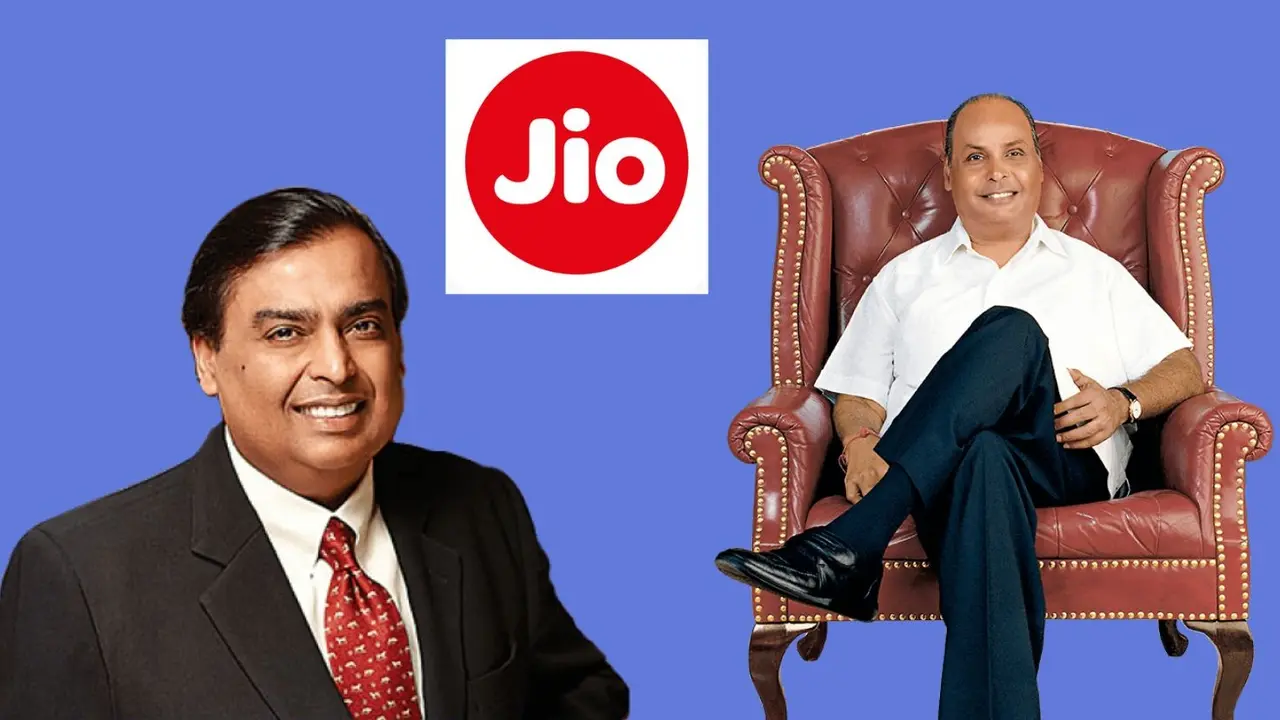Updated 25 June 2025 at 12:30 IST
'You’re an Idiot If You Want To Be Billionaire' - How Mukesh Ambani Turned His Father’s Advice Into Reliance Jio’s Success Story
Mukesh Ambani, Chairman of Reliance Industries, is often seen as one of the most successful business leaders in India. But at the heart of his leadership and achievements lies a powerful lesson from his father and Reliance founder, Dhirubhai Ambani.
- Republic Business
- 3 min read

Mukesh Ambani, Chairman and Managing Director of Reliance Industries, recently shared key insights into his leadership philosophy during an interview with McKinsey & Company as part of their Leading Asia series.
A central theme of the conversation was the enduring influence of his father, Dhirubhai Ambani, and how that vision has helped shape one of India’s most influential conglomerates.
Among the most striking reflections was a piece of advice from Dhirubhai Ambani: “If you want to start a business to be a billionaire, you are an idiot; you will never get there. If you want to start a business to impact a billion people, then you have a good chance of success, and, as a by-product, you can make a reasonable amount of money.”
Mukesh Ambani said this principle continues to guide the group’s long-term strategy, especially in areas where scale, access, and societal relevance intersect.
Advertisement
Early Influence and Vision
Dhirubhai Ambani, the founder of Reliance, began the business in 1960 with minimal resources, returning to India after working as a gas station attendant in Yemen. He invested his savings of $100 into building what would eventually become one of India’s largest private-sector companies.
Mukesh Ambani recalled how his father focused not just on profitability, but also on identifying high-growth sectors that could contribute meaningfully to India's economy and society. Polyester, then a newly introduced fabric, was one of the early businesses where Reliance aimed to drive both affordability and scalability.
Advertisement
“My father decided to start trading in polyester... and then set up a greenfield polyester factory, the biggest of its kind in India, in record time,” Ambani said.
Jio: A Case Study in Purpose-Driven Scale
One of the most notable examples where this philosophy was applied is Reliance Jio, the group’s telecom venture launched in 2016. The company invested over $25 billion in the project—an aggressive move in what was, at the time, a highly competitive and price-sensitive market.
While many viewed the investment as risky, Ambani described the thinking behind it as impact-focused.
“In the worst case, we will not earn much return. That’s okay... This will be the best philanthropy that we have ever done in India because we will have digitised India,” he said.
Today, Jio has become the country’s largest digital services provider, with nearly 500 million subscribers. It has played a significant role in expanding internet access across urban and rural India.
Expanding Reliance’s Scope
Mukesh Ambani emphasised that Reliance is now focused on being a deep-tech and advanced manufacturing enterprise. The company has invested in building 5G infrastructure internally, as well as expanding into green energy, covering areas such as solar, hydrogen, and battery storage.
“We must be owners of technology. We must be innovators,” Ambani said, adding that the company now reinvents its business strategy every three to five years in response to shifts in global and domestic markets.
On the people front, Ambani underscored the importance of values-driven leadership, highlighting “character, competence, and culture” as key principles in hiring and talent development.
“Character is even more important than competence because competence can be built,” he noted.
Long-Term Outlook: Institution Building
Reliance Industries, which will celebrate its 50th anniversary in 2027, is being shaped with a view toward lasting well beyond its current generation of leadership. “Reliance is a process. It’s an institution that should last. You have to make sure that Reliance lasts beyond you and me,” Ambani said.
He noted that the company aims to continue aligning its future businesses—whether in digital services, green energy, or AI—with India’s long-term development goals.
Published By : Anubhav Maurya
Published On: 25 June 2025 at 12:23 IST
